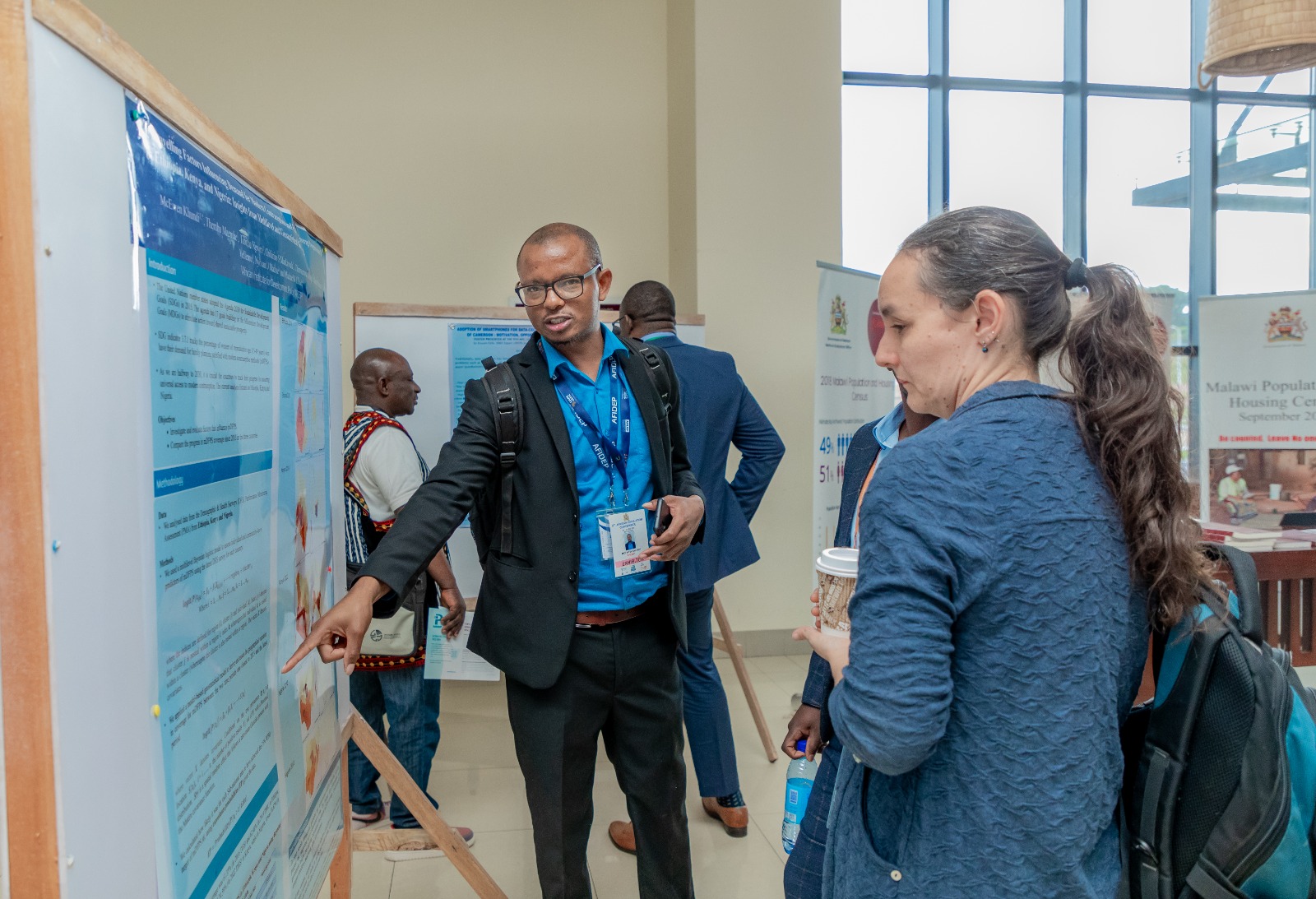A pivotal study conducted by the African Institute for Development Policy (AFIDEP) has uncovered alarming gaps in Kenya’s family planning efforts, revealing how religious beliefs, ongoing conflicts, and resource limitations significantly hinder the use of modern contraception among Kenyan women.
Led by Dr. McEwen Khundi and published in BMC Public Health, the research underscores the struggle to meet Sustainable Development Goal (SDG) indicator 3.7.1, which aims to ensure that women aged 15–49 have their family planning needs met through modern contraceptive methods.
“Our findings reveal stark disparities in access to modern contraception across Kenya, particularly in regions plagued by drought and conflict,” stated Dr. Khundi. “This evidence is a wake-up call for policymakers to re-strategize and urgently address these unmet needs.”
The study, drawing from Demographic and Health Surveys (DHS) data, highlighted counties such as Garisa, Isiolo, Mandera, Marsabit, Tana River, Samburu, Turkana, and Wajir as particularly vulnerable, with low contraceptive coverage due to the prioritization of survival over healthcare in resource-strapped areas.
The situation is aggravated by inter-communal conflicts fueled by competition for scarce resources.
“To enhance modern contraception use in these challenging regions, an integrated approach that tackles both conflict and climate change is vital,” the report recommends.
Reflecting on the study’s findings, Dr. Patrick Amoth, Director General of Health, emphasized the need for targeted interventions to bridge these regional gaps.
“The disparity in access to family planning services is stark, especially in Arid and Semi-Arid Lands (ASAL) counties. Equitable access for all Kenyans is not just a goal but an urgent necessity,” he stressed.
The research extends its analysis to Nigeria and Ethiopia, where similar barriers exist in conflict-ridden areas. In northern Nigeria, misconceptions—such as fears of infertility or cancer linked to modern contraception—are pervasive, particularly among Muslim communities, leading to low usage rates.
In Ethiopia, the impact of women’s education on contraception use varied, underscoring the complexity of addressing these issues across different regions.
“This study makes it clear that a one-size-fits-all approach will not work. Tailored interventions that consider the unique cultural and socio-economic contexts of each region are crucial,” Dr. Khundi concluded.





